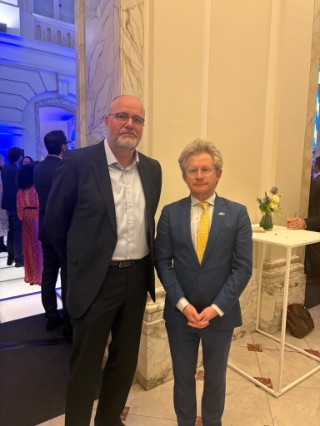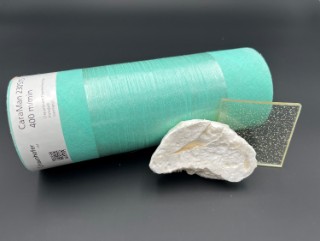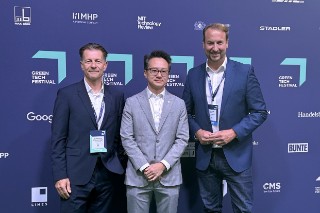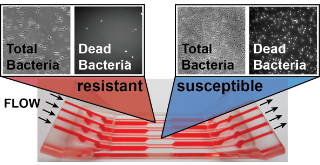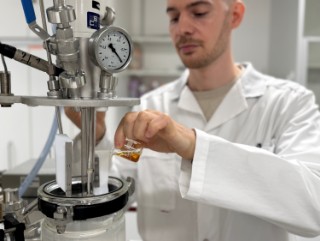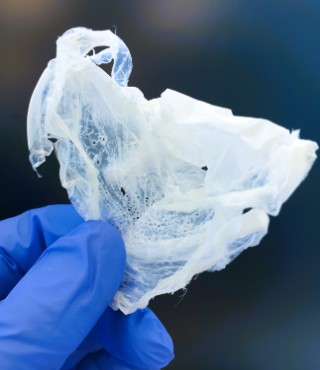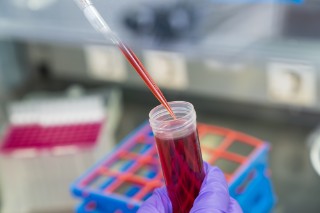Microbial biosurfactants are an alternative to chemically synthesized surfactants in dishwashing detergents, household cleaners, and shower gels. After many years of intensive research and development, the Fraunhofer Institute for Interfacial Engineering and Biotechnology IGB now provides samples of high-purity glycolipid biosurfactants – versatile, biodegradable and produced from local renewable raw and residual materials. The optimization of biosurfactants was also investigated as part of the “Alliance Biosurfactants” project. The strategic alliance of partners from research and industry will present its results at a final conference on February 4, 2026, in Stuttgart.
more info

 Fraunhofer Institute for Interfacial Engineering and Biotechnology IGB
Fraunhofer Institute for Interfacial Engineering and Biotechnology IGB
